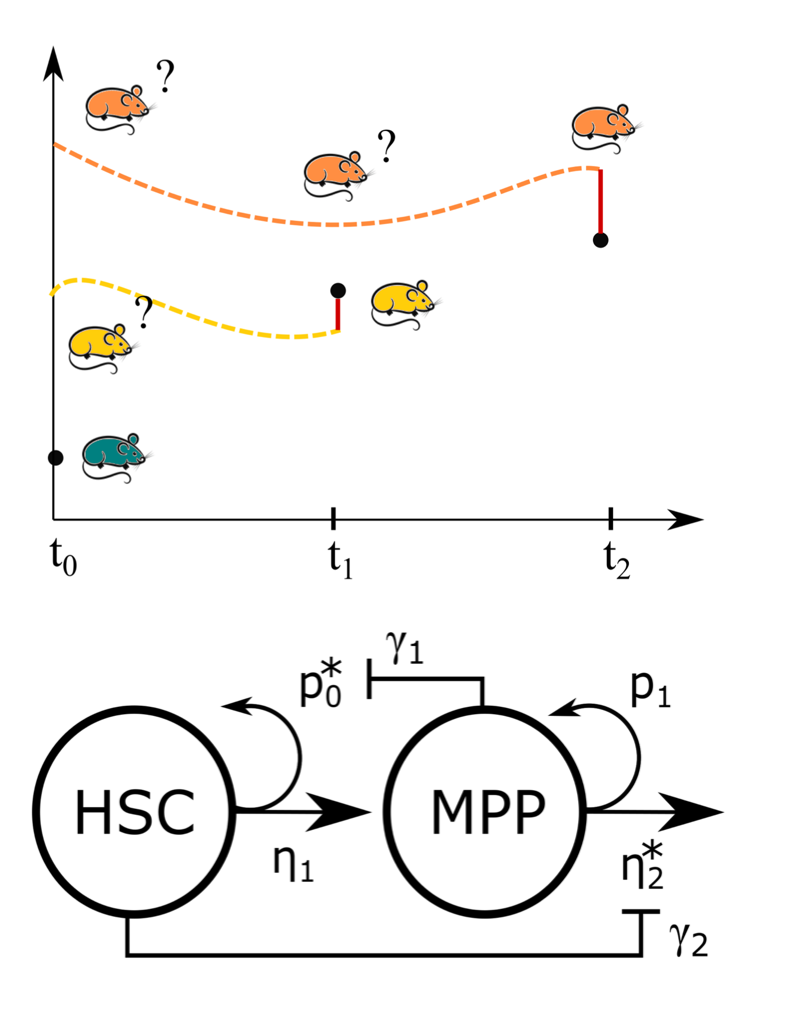
Description
Mechanistic mathematical models are a fundamental tool in science and engineering to describe complex systems. Starting from first principles, this type of models provide a mathematical representation of non-linear mechanisms. In this course, we introduce the statistical notions required to fit mechanistic models to empirical data. For this purpose, we review the most well-known methods for fitting this type of models like least squares, maximum likelihood estimation and Bayesian methods. Then, we apply these methods to several case studies in biological sciences using differential equations models and we provide code in R for each case. Prior knowledge of the R programming language and Bayesian methods is helpful but not necessary.
Syllabus
9 AM-10:30 AM Session:
- R basics.
- Linear regression by least squares and maximum likelihood estimation.
10:45 AM-12:15 PM Session:
- Bayesian principles for model fitting.
- Case Study: Linear regression in STAN.
1 PM-2:30 PM Session:
- Differential equations basics.
- Generation of informative and partially-informative priors.
- Case study: Logistic growth model.
2:45-4:30 PM Session:
- Case study: Susceptible-Infectious-Recovered (SIR) model.
- Case study: Pharmacokinetics/pharmacodynamics (PK/PD) model.
